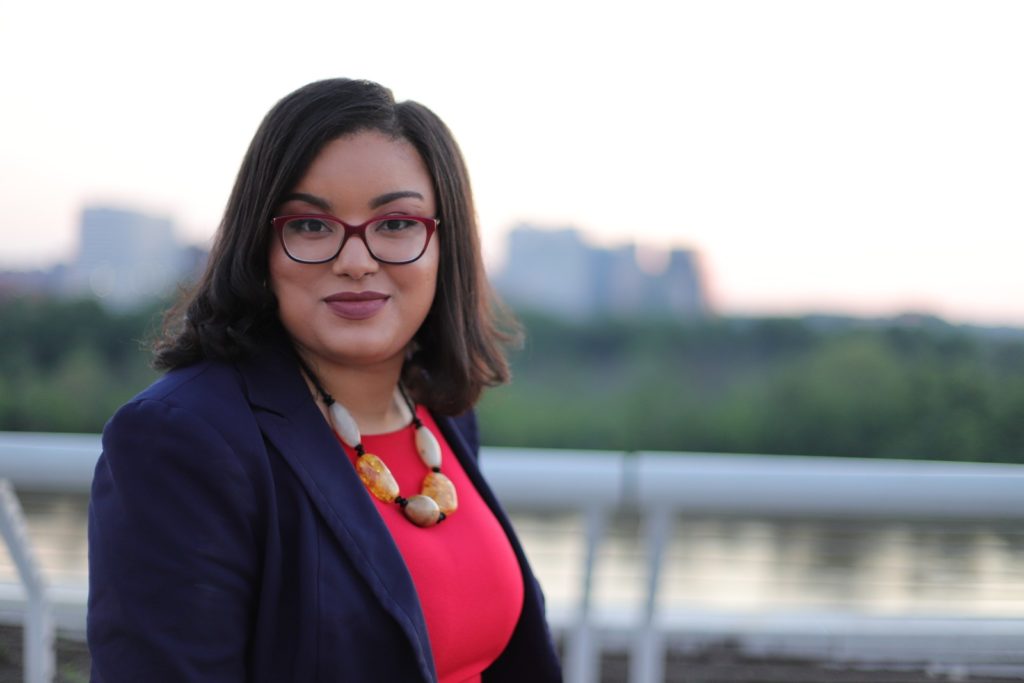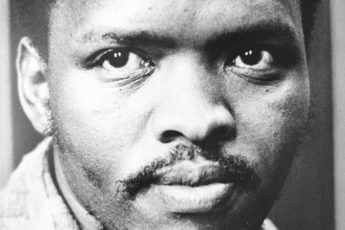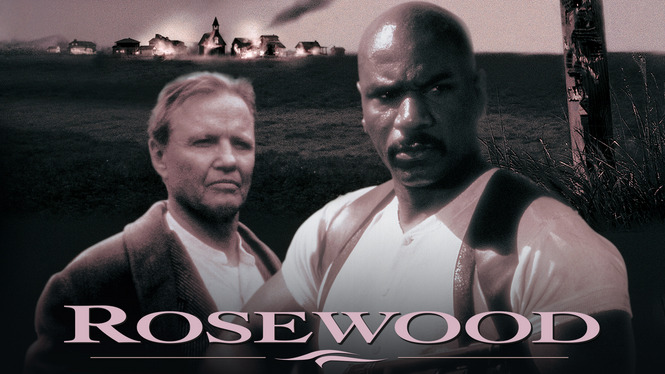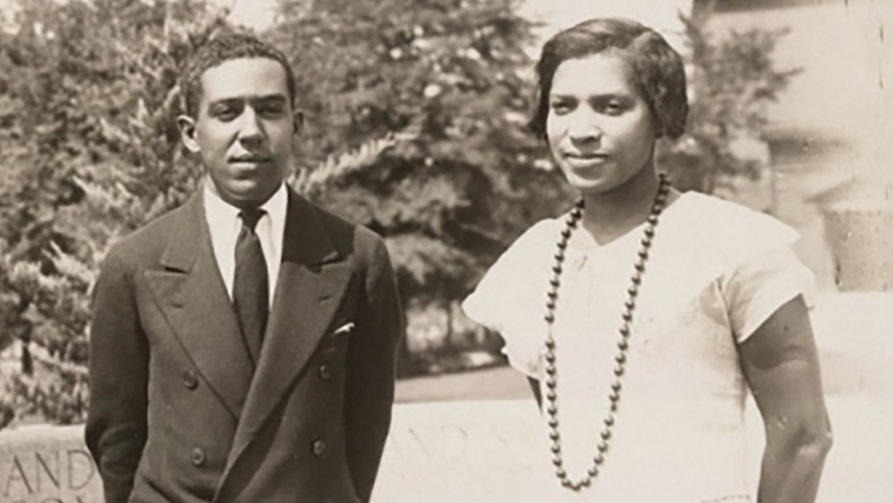
Growing up in two countries was not always easy because, at the time, I didn’t understand the effects code switching would have on my cultural identity in the US. Over the course of my life, I have lived in 3 different continents and speak 6 languages. When you are accustomed to navigating different cultures, it can be hard to differentiate between the truths and illusions of code-switching. For the longest time, I tried to remove my accent because I was told I sounded too “ethnic”. It made me question whether my accent made me sound less trustworthy. I became aware early on that code-switching is akin to wearing an overcoat glued to your body and not knowing for sure how to remove it. It also taught me that code switching can be beneficial and detrimental to one’s identity if not properly managed. These experiences made me speculate if code-switching manifested itself in ways that included and/or excluded marginalized communities.
The emergence of Ebonics and Spanglish spurred an interest to study code switching in the US in the 1940s and 1950s. Code-switching has also been used by slaves because they were forced to embrace customs and traditions different from their lieu of origin. Significant changes followed with the conscious efforts of pioneers to understand the nature and expression of code-switching in bilingual households. Communication theories on the subject ran the gamut including the syntax of sentences formed in social settings. This further reinforced my thoughts on whether or not code-switching would have existed if the migration of people across continents had not taken place.
Code-switching requires coordination, owning a sense of belonging, and cultivating a curiosity to understand your inner self within a bigger kaleidoscope. Cultural influences are also reflected in languages and similarly influence how we conceptualize who we are and where we come from. The process of engaging in code-switching helps you understand or discern whether or not you are emphasizing or minimizing social differences between you and the outside world. It is an inevitable experience for those who either speak or have lived in other cultures different from their own.
Code switching is a privilege where it allows you to do the following with relative ease:
1. To navigate and morph in various cultural spaces.
2. Gain insider knowledge on the social cues of group dynamics in multiple social settings.
3. Have access to resources, people and information pertinent to specific groups.
Sometimes, I would experience periods of utter silence in conversations when I would think in French while having great difficulty conjuring the words in English. Looking back on these moments, I understand why I experienced memory lapses when I could not remember specific words to finish my sentences; or instances where I would sit quietly pre-planning what I would say before heading to social gatherings.
Words come in pairs of vowels and consonants strewn together by a thread. Code-switching is not as glamorous as it looks in reality. Frustrations arise when you have to repeat yourself several times because the receiver cannot understand why certain words are chosen over others in discussions; or for the speaker trying to select which language to use for certain topics.
Though some people can attribute this behavior to overthinking or introversion, one of the difficulties of code-switching is that no matter how prepared you may be, mistakes can be made during the act of conversing with another person. You have to find a way to co-exist with it even if it means being a laughing stock, pulling yourself together or raising your level of awareness. It is also a testament to the fact that conformity is not a singular experience in the grand scheme of things, but rather an experience shared by many around us in our lives.
Recently, an opinion article on T.M. Landry College Preparatory School highlights this dilemma where students deemed “success stories” had to forsake their identities to establish new lives in elite institutions. Though these success stories conformed to the societal pressures of producing the young and brightest of the nation; the change came with unexpected repercussions like systemic injustice, and students experiencing depression, making one ask sometimes to what extent people will sacrifice their identities to achieve success. Code-switching does not make anyone immune to prejudice or blatant racism either because you can still be judged based on your race, religion, sexual orientation or gender.
These forms of code-switching give relevance to the following questions:
1. How exactly does code-switching inform our identities and impact our daily lives?
2. Would code-switching be considered a mask and can we ever take it off?
3. What does it mean to show your true self?
Code-switching does not simply reflect social situations, it also can be utilized as a means to create social conditions. Even if code switching may be appealing to native speakers, support and understanding should be provided to people who become marginalized in those cultural landscapes. It also comes with the cost of being misunderstood by those who do not self-identify as having similar experiences. In those cases, the questions that arise are “how do we ensure we build inclusive communities where non-multilingual individuals feel supported and accepted?” and “what type of support would they need to contribute to the larger conversation? ”. Code-switching sometimes can confine people in distinct quadrants or windowpanes.
In those circumstances, the most important points to keep in mind are that:
1. Using similar linguistic features as the person you are talking to does not grant you an automatic pass to assimilate in their culture.
2. Noteworthy theories have underpinned the emergence and relevance of code-switching but theories cannot assert with certainty unprecedented feelings or emotions that arise when specific communities face these cross-cultural challenges.
3. There is a need to develop user-friendly tools to mitigate the loneliness experienced by groups of people who are trying to navigate other social landscapes.
I truly believe that code-switching is nothing to be ashamed of because it reflects diversity of thoughts in its varied expressions. As Melanie Radziki McManus once stated in her article How Code Switching Works, she posits that we are “all constantly changing the way we express ourselves; how and why we do so depends on everything from culture to language to self-identification and the people we happen to be around.” My experiences have taught me we need to create spaces where people can develop a genuine curiosity to understand communication models within larger social contexts. In turn, this curiosity might maybe one day help us discover new channels to merge and yet retain the unique communication attributes of different communities. Hopefully, this might someday yield to new frontiers on undoing potential communication breakdown among various communities.
“It’s only when each of us can really live in our truths that we can gain the incredible benefits of true diversity.” ~Chandra Arthur
Footnotes:
Arthur, Chandra. The cost of code-switching. Tedx Talk.
Auer, Peter (1984). Bilingual Conversation. Amsterdam: John Benjamins.
Gerald, Casey (2018). T.M. Landry and the Tragedy of Viral Success Stories. The New York Times.
Goldstein, B.; Kohnert, K. (2005). “Speech, language and hearing in developing bilingual children: Current findings and future directions”. Language, Speech and Hearing services in Schools. 36 (3): 264–67.
Melanie Radzicki McManus (2015). “How Code Switching Works”.HowStuffWorks.com. https://people.howstuffworks.com/code-switching.htm.
Reyes, Iliana (2004). “Functions of code switching in schoolchildren’s conversations”. Bilingual Research Journal. 28 (1): 77–98. doi:10.1080/15235882.2004.10162613

Biography
Venchele Saint Dic is the author of Journey to Redemption and Faith in the book Passport to Self-Discovery Volume 2. She is the Founder of MESFAMI Care Inc on Facebook and on Instagram @Mesfami_CareInc. She has demonstrated leadership and innovation in public health, health equity, communications, public outreach, social inclusion and diversity, among many others. Venchele is an experienced writer, editor and native French speaker with cognate education in Public Health. Her focus is to improve accessibility to health services while supporting education, economic empowerment and counseling as critical building blocks which empower families to survive and thrive through life changing events. MESFAMI Care Inc. facilitates community institutions by voluntarily supporting families with the knowledge, skills and services required to survive in changing social, and economic environments. Her past writing stories have been included on Thrive Global, Gratitude Circle, Medium, LinkedIn, and the newsletter of Peace Corps Senegal, Simmons College and Friends of the Library Montgomery County. Additional information on the nature of her work can be found on her Author profile at amazon.com/author/venchelesaintdic.











